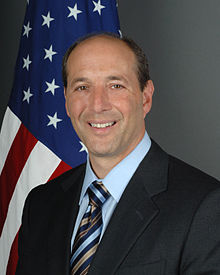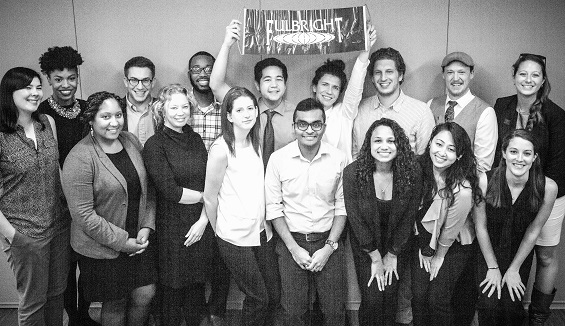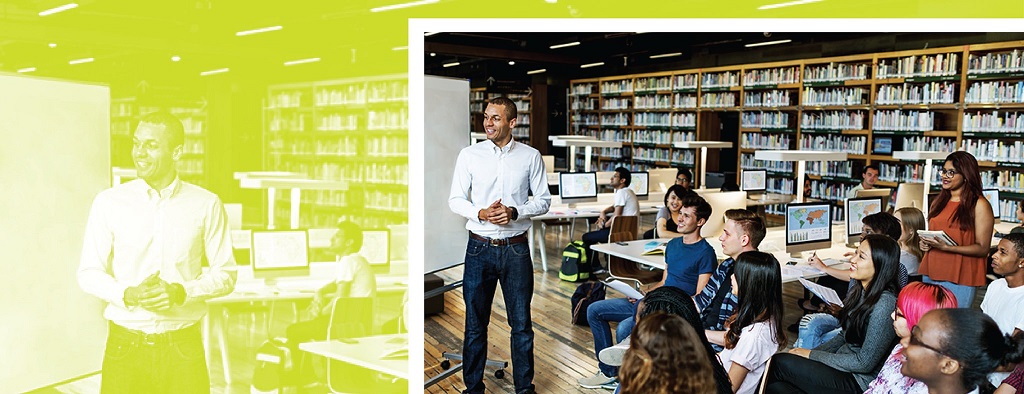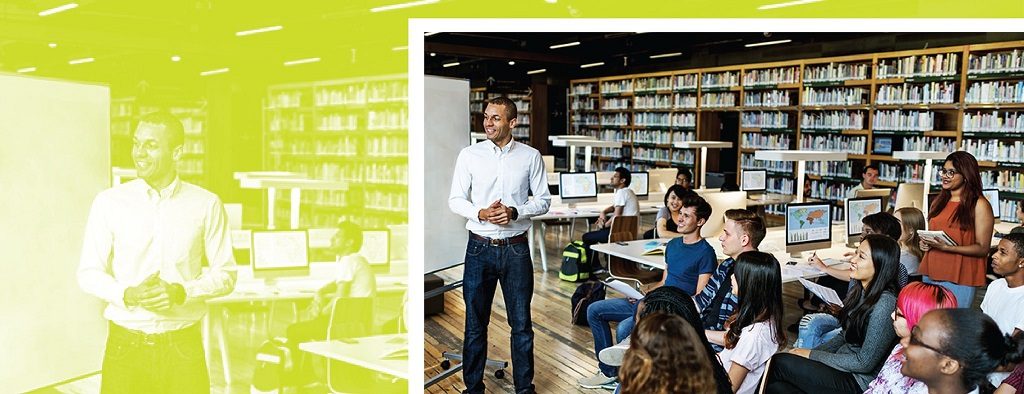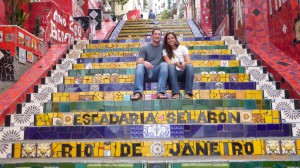This blog post is written by panelists from the Fulbright Western Hemisphere Panel, Navigating Blackness in the Western Hemisphere, Mathew, Prisca, and Sheila. These panelists have written a post focused on helping other Fulbrighters access their “life kits.” If you are interested in learning more about the panelists, check out the Navigating Blackness panel on YouTube!
Panelists and Writers
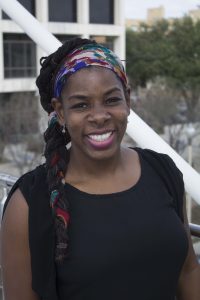
Dr. Prisca Gayles
U.S. Student Program
Study/Research to Argentina, 2017-18
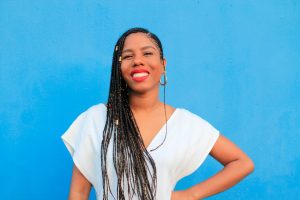
Sheila Encarnación Castillo
Dominican Student Program
Northeastern University, 2020-21
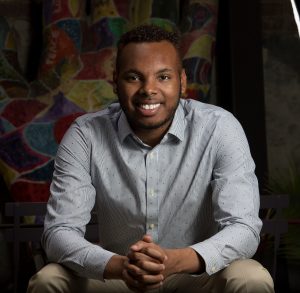
Mathew Holloway
U.S. Student Program
ETA to Panamá, 2017-18
Mathew: For many of you, Fulbright will be a series of experiences that will transform your understanding of yourself. Like any journey, there will be challenges. To assist you, we want to tell you about the best asset you already have: your life kit.
What is a life kit?
Your life kit is a reflection of your resilience. It is the collection of experiences, people, and abilities that have carried you throughout your life. In difficult times, each of us has relied upon our life kit to guide us. Hardships are inevitable, but our resiliency is too.
We want to encourage you to take inventory of your life kit as we share some of our stories from our Fulbright experiences. While support will be available to you on your Fulbright, never forget your own power and guidance!
Community
At the core of our life kit is community. It can encompass born and chosen family, friends, or just people who inspire you. Your community may vary in size, but it is the power of their love and support that matters most.
Prisca: My first extended trip away from home was leaving Oakland, California to move to Pittsburgh, Pennsylvania for college, and my first trip abroad was to Crete, Greece during my undergrad experience. Perhaps because at that point I was not a “frequent traveler,” I assumed that a “life kit” consisted of the various items and facts about a place that I brought with me to manage an unknown environment. During these experiences and many other ventures abroad, I learned that the most important resource was the community I built when I arrived in new environments. When I became a study abroad coordinator, I also realized that even the privileged students who seemed to have everything they needed, struggled abroad if they didn’t establish a community of care in the host country.
So my advice to Fulbright students is to find your community when you arrive in your host country. For me, that was a brilliant, vibrant, and beautiful group of Black women in Argentina who I could dance, write, cook, read, talk, debate, laugh, protest, and cry with. For others it might be a tango or bachata club. Maybe it’s a running group or hot yoga studio. We all have something that brings us joy, so find your people, build your community, and embrace that part of your life kit.
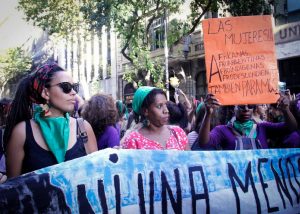 March 8 International Women’s March in Buenos Aires, Argentina in 2018
March 8 International Women’s March in Buenos Aires, Argentina in 2018
Photo credit: Archivo del Área de Género de la Comisión Organizadora de 8 de Noviembre
Questions to consider when calling upon community
- Who are the people I need in my community?
- What roles do they play?
- How can I tap into the power of my community during Fulbright?
- What hardships have my ancestors faced? How have they overcome them? How can their experiences guide me through challenges?
Honor your skills and passions
Mathew: Your Fulbright will have its challenges. Though the obstacles may vary, you can always count on the skills and passions you bring to guide you. You have learned to use them before to meet the moment—trust yourself and what you bring with you!
Sheila: One of the most valuable tips that other Fulbrighters on the Foreign Student Program have shared with me is to pack light. For many of us, this can be a challenge. Some of our programs are for two academic years, and as students on a budget we want to keep our spending to a minimum. When deciding what stays and what goes, we must not forget to carry the things that keep us connected to our hobbies and passions. A chess set becomes an icebreaker on a night at your dorm, a pair of rollerskates turns into the best way around campus, and a set of swimming gear becomes your first try at building community in a new city.
As someone who struggles with anxiety, I found swimming to be a great ally for my mental health. Upon arriving in Boston, I was very intentional about finding a place to swim, and quickly I found the Brookline Public Swimming Pool a mere few blocks away from home. There I encountered a vibrant community center filled with friendly neighbors and a wide array of activities. The pool is on the site of the first municipal indoor swimming pool in the U.S., built in 1896. The pool kept the original sign which reads “Brookline Public Baths, The Health of the People, The Beginning of Happiness.” During stressful times, I have tested that maxim by reaching into my life kit, bringing out my beloved fins, and taking them out for a few laps.
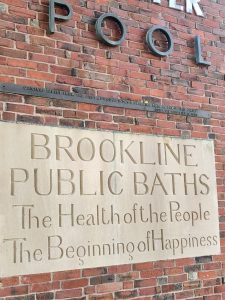 Photograph of the Brookline Public Baths plaque in Brookline, Massachusetts, USA:
Photograph of the Brookline Public Baths plaque in Brookline, Massachusetts, USA:
Photo Credit: Sheila Encarnación Castillo
Questions to consider when thinking about your skills:
- What are the skills and traits that I bring to my Fulbright?
- Where and how did I develop them?
- What values & beliefs shape my approach toward my overcoming challenges?
- How can I continue to recognize and reaffirm my capabilities?
Celebrate your triumphs & milestones
Mathew: As a last piece, we want to remind you all to celebrate your triumphs and milestones along the way. During your Fulbright, you may face self-doubt and feel insecure about your sense of belonging in the world. In those moments, reflect upon your successes. As you reflect, consider how you can celebrate and keep learning from them.
Questions to consider when reflecting on our triumphs and milestones:
- What successes have I had during my Fulbright?
- What are ways I can honor my successes?
- How will I celebrate each milestone of my Fulbright experience?
- What have I learned about myself from those moments?
We appreciate you taking the time to take this journey with us as we reflect on our life kits and what they mean for each of us. We hope that any Fulbrighter reading this post realizes the richness they bring to the Program and the opportunities that lie ahead.
Thank you so much for reading this blog post. Remember that if you are a current Fulbrighter either studying in the United States or elsewhere in the world, there are resources to support you: Fulbright Assist, the support of your respective Fulbright commission or U.S. embassy, and the alumni-led Fulbright affinity groups.

